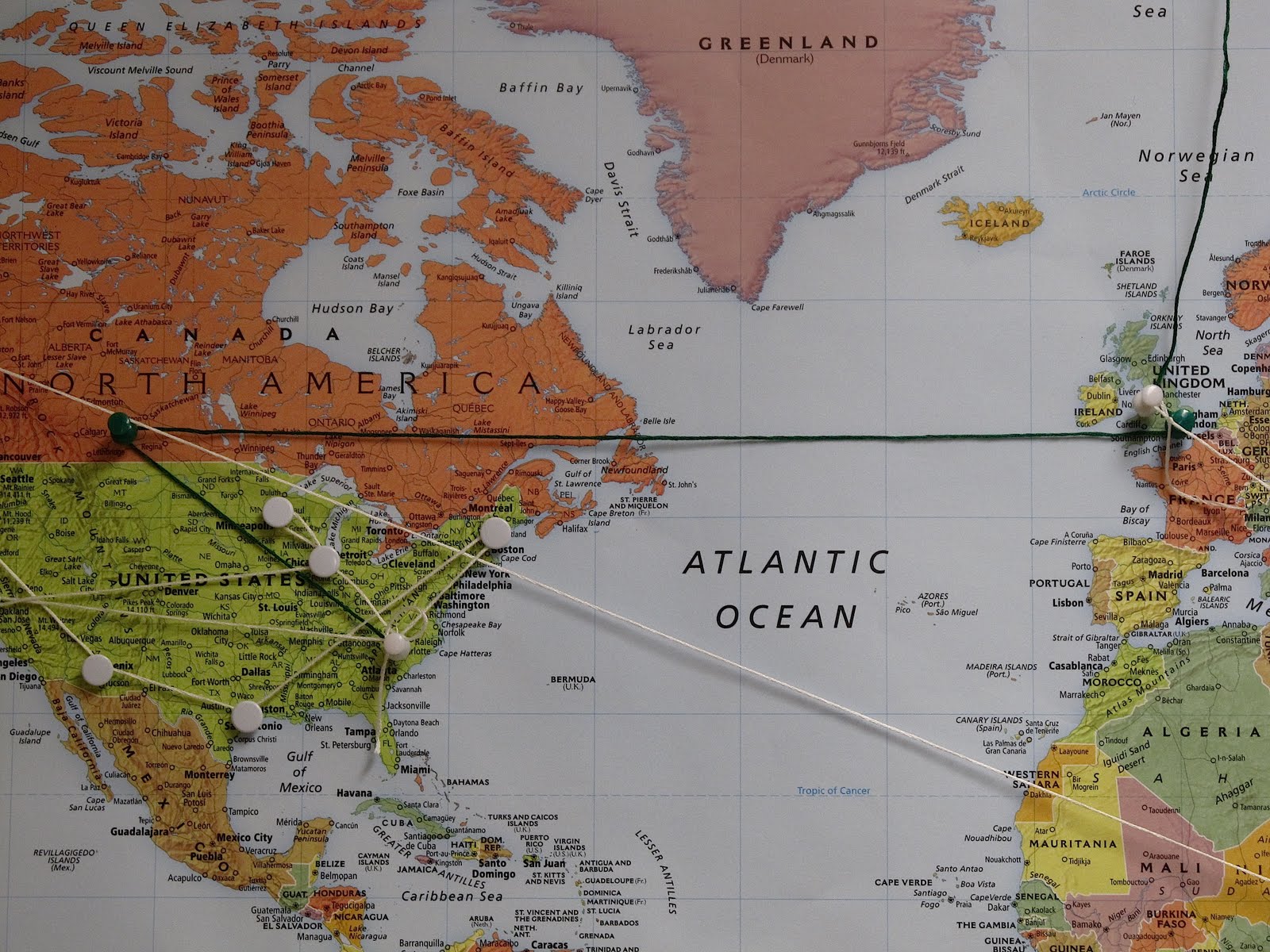Moving abroad can be a stressful time for many, and there is often confusion around what is best to bring. This is intended to be a guide to assist in packing efficiently, light, and sensibly. If you are going abroad next year, it is worth saving this guide and pulling it out when the time has come to pack!
Tupperware
An endlessly useful item. When living alone, many people may choose to prep their meals in advance and will need Tupperware to store their dishes. If your accommodation is unfurnished, having a few boxes never goes astray. Bringing them in your suitcase is easy too as you can fill them with your T-shirts or other small clothing items when packing.
Printed photos and postcards
This is possibly the easiest way to make a home away from home. Apps like Freeprints lets you order prints directly from your mobile phone for as little as €5 for 45 prints. When transporting the photos they can be put into a book or a folder so that they don’t crease. Just don’t forget your blu-tack.
An extension cord
If you bring an extension cord and one adapter you can plug all your devices in at once, which is particularly helpful when living somewhere with few plug sockets. It can also be very helpful if your plug sockets are in awkward locations in your bedroom.
Your own stationery
If you have a favourite pen — bring a dozen. This is particularly relevant if you are left handed and have spent two years searching for the perfect pen. Some of your classes might not allow you to type notes for class so it’s best to be over prepared for this scenario. It could be worth bringing a notepad, but be careful of hardbacks being weighty.
Coasters and a mousepad
Even if you don’t normally use either, they can add some colour into a room and brighten up a desk. Not to mention coasters help keep your surfaces clean.
A sharp knife for cooking
The most dangerous item in a kitchen is a blunt knife. You’re far more likely to injure yourself with a blunt knife than a sharp one and your accommodation is unlikely to have a good set of knives.
A microfiber towel
Towels are bulky and difficult to pack. Bringing a microfiber/camping towel will get you through the first few days, and then buying a big fluffy towel once you settle in is the best option.
A favourite mug
If you drink any form of a hot drink, I would like to really emphasise this. It’s yet another simple way to make your room feel homely which is nice when you’re away from your family and friends.
An outfit for presenting
Your host university may incorporate group projects a lot more than Trinity would, and you may have to do more presentations than you’re accustomed to. As a result, having one vaguely formal outfit will not go astray, even if it’s just one nice shirt or pair of trousers.
Flip flops
If you are sharing a bathroom in a dorm in particular, flip flops are a must. They’re hygienic, easy to pack, and practical for trips to any nearby beaches.
Electronics
You may need a LAN (ethernet) cable which is the price of a cup of coffee (if you buy it off eBay) in comparison to a router which is closer to €50. A USB stick is always important, especially for group projects and printing. A battery pack is handy when travelling anywhere.
A key chain
You will be given at least one key, and having a key ring will make it more convenient. Though if you’re out exploring the city, any shop that caters to tourists will have a variety of keychains.
A folder with all of your key documents
You will need your learning agreement, and arrival form to be signed by your host university. Do this at the first chance you get, and send it on to all the relevant people. For me, this included my two coordinators, my course coordinator, and the endlessly helpful people of [email protected]. Also double check if you have any extra forms that must be signed for module approval with your coordinator. It is also worth having a hard copy of your health insurance or important information on what to do if you become sick when abroad, such as an EHIC card for European citizens. The last thing you will want to do when alone and sick in another country is look at insurance documents.
For the item you inevitably leave at home due to space in your suitcase…
Please try and shop sustainably when you can. Second hand shops and charity shops can be your best friend, items such as curtains, cushions, lamps can all be bought second hand. While items such as linen should be bought new. Shopping at IKEA will add up very quickly, in comparison to second hand shops which are inexpensive and offer a good way to explore the locality. If you can, ask locals if there is anywhere they would recommend. In my local Erasmus second hand shop they had an entire tub dedicated to unopened curtain packets.
Food
Always have one frozen meal in the freezer at any given time. No one ever plans to have a bad day or to feel home sick, but it happens. In this situation, having a meal you can simply heat up makes for an instantly better evening. If you are a tea drinker, definitely bring your preferred brand.
Although this is not an exhaustive guide, it does cover many of the basics. Don’t be afraid to ask people for help if you get lost or if something bad happens while you’re on your exchange. Most importantly, learn lots, have fun, and enjoy it all!






